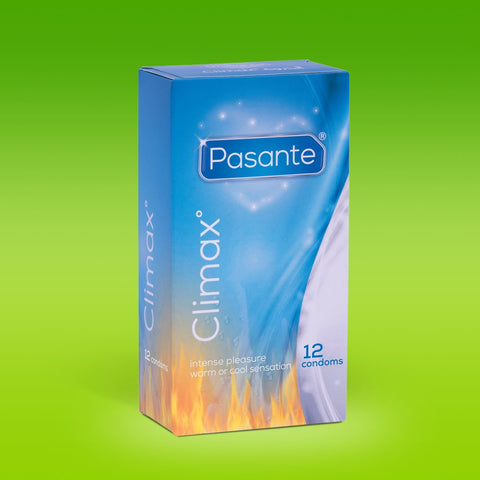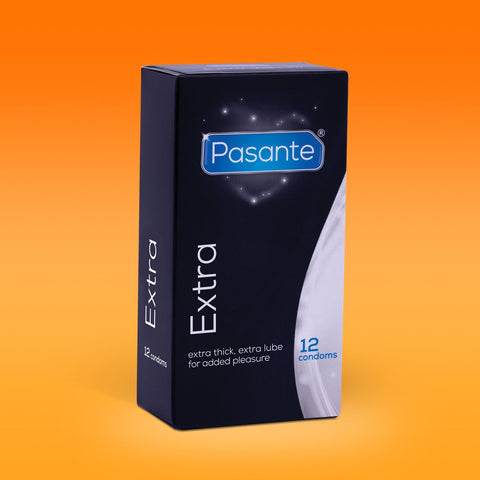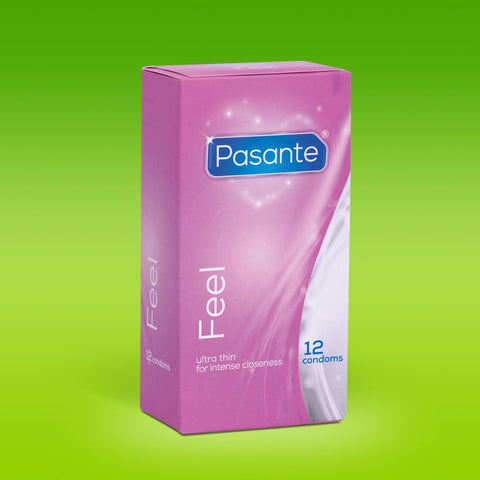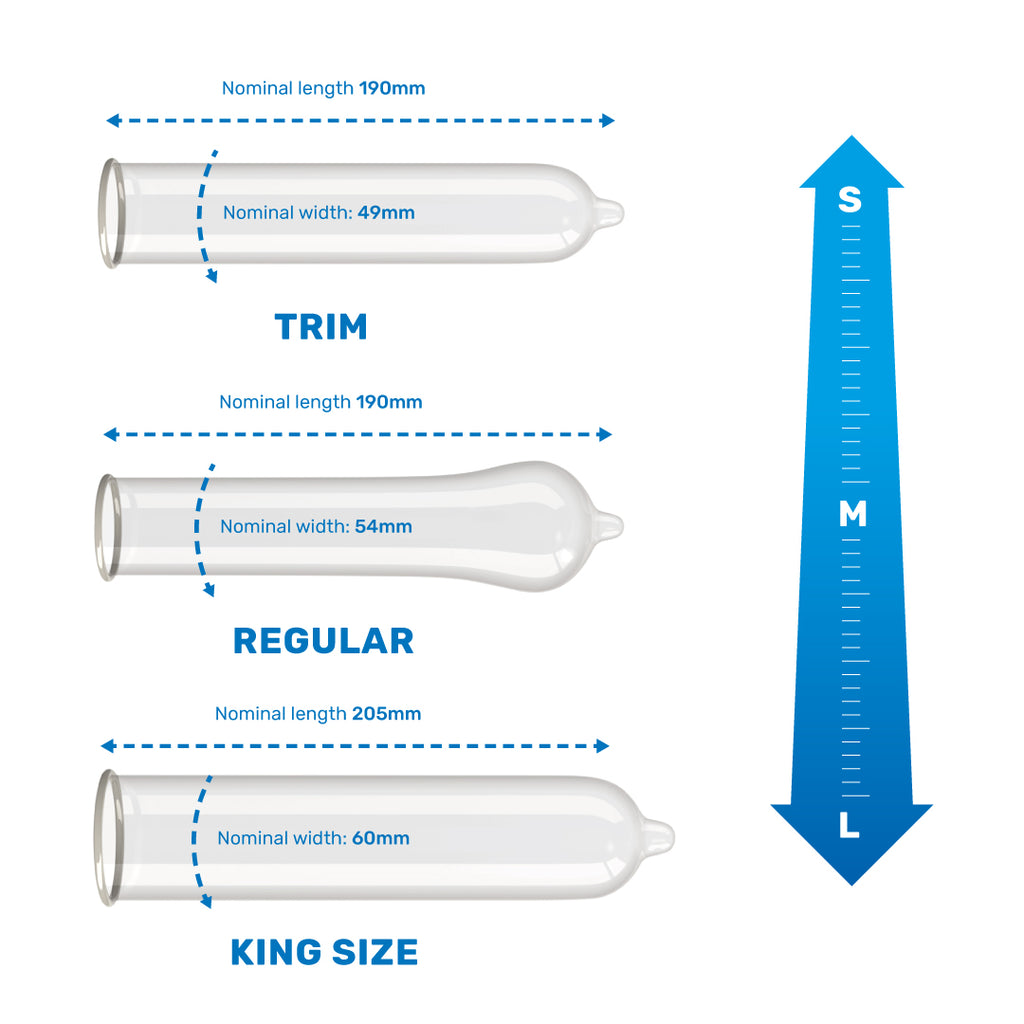
8th March, International Women’s Day: 2 week after...
International Women’s Day falls on March 8th every year and celebrates the achievements of women in social, cultural, economic and political ways in a bid to reduce gender bias by challenging inequality. Perceptions about women shaped policies, legal rights and everything about a women’s experience while women were often left with a lack of control over their own sexual health, choice over abortions while facing damaging stigma for indulging in sex outside marriage.
For us, it’s never been more important for woman to take control of their sexual health and celebrate all things sex. Let’s find out more about the history of sexual health, the rights of women to access sexual health service and what you can do to satisfy your sex-life two weeks after International Women’s Day - after all we shouldn't just celebrate Women's rights and equalities on just one day every year, we should keep the momentum going after IWD too.

History of Sexual Health for Women
It’s been a difficult (and long) process to have the right to make informed choices about our sex-life or to access sexual health advice, which is why we love to celebrate International Women’s day every year. If we step back in time to the 18th and early 19th century, women were mainly responsible for raising and educating their children, running the household and cooking and feeding the family. Often contraception was left to the men to take control off - condoms have been available to men for at least 1000 years, (the first condoms were made from leather, linen sheaths, thin hollow or oiled silk paper), but sadly women didn’t have access to contraception until the 19th century - this often meant that women lacked control over their own sexual health. Let’s take a look at the timeline of women’s sexual health….
1866: Abortion is illegal under the Offences against the Person Act 1861.
1885 - Age of consent is raised to 16 years old.
1921: Marie Stopes opens the first UK birth control clinic in London.
1930: The National Birth Control Council (NBCC) put pressure on local health authorities (LHA) to provide birth control advice for married women if a further pregnancy was detrimental to her health.
1939 - The Family Planning Association was launched - allowing women to make informed choices about their sexual health.
1961 - The Contraception Pill is now available on the NHS
1967 - The Abortion Act gives women rights to abortion in the UK with certain medical conditions.
1969 - Doctors and nurses were now beginning formal training on sexual health methods.
1974 - Women could now receive free contraception methods and advice free from the NHS.
2002 - Pasante brand began providing the NHS with condoms for sexual health services.
Empowering women to make informed choices about their own sex life

What do you want from a healthy-sex life?
I want sex to last longerWith our Delay Infinity condoms - your sexual pleasure can last that little bit longer….
I want my partner to perform oral-sex
Our lubricants are the perfect partner to tantalising oral sex - choose from succulent Strawberry or Tingling Mint.
I want variety
Sometimes you just want to mix it up in the bedroom, that’s why our variety condom bundle includes five different sensations - so you have the choice to choose whatever the mood.
I want to wear the condom
If you’re wanting to take sexual health back in your hands then our internal condom is the perfect solution. Whether you prefer to pop one in your handbag for whenever the moment takes you or insert it inside your vagina twenty minutes before sex - this is a condom for preparation.
I want to masturbate
Whether you’re single or just fancy an afternoon orgasm, our range of lubricants can help you reach that sweet spot.
Sex Position to try:
Women on top - Take back complete control over pace, angle and stimulation. If you want to try a different variation, turn around and face your partner’s feet - this is known as reverse cowgirl.





